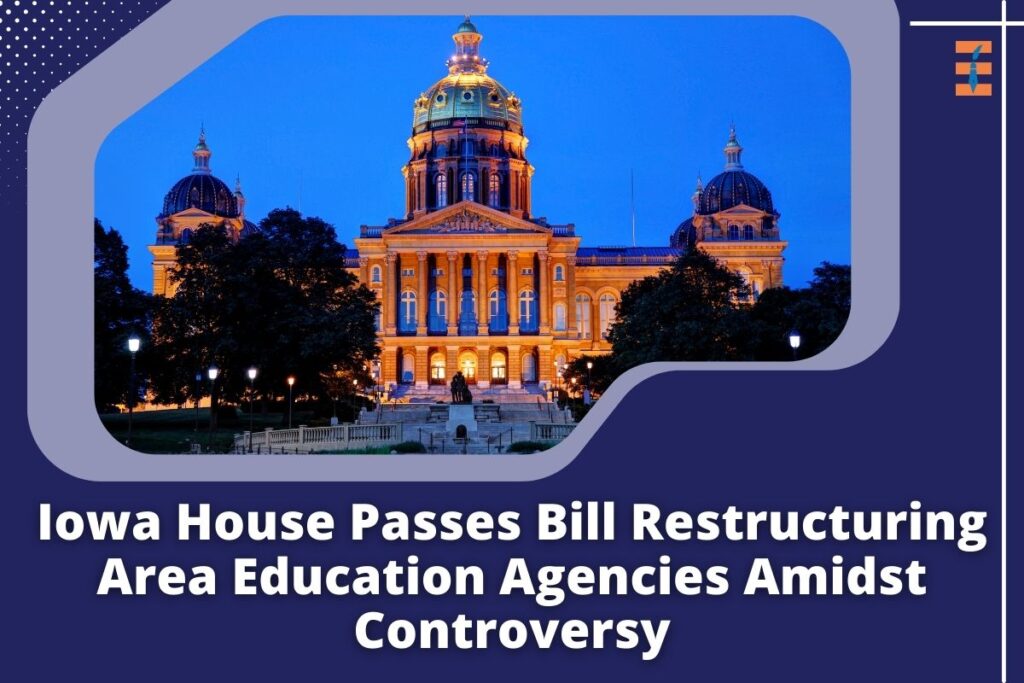In a pivotal move, the Iowa House greenlighted House File 2612 on Thursday, marking a significant departure from Governor Kim Reynolds’ proposed changes to Iowa’s Area Education Agencies (AEAs). The bill introduces alterations to the state’s education landscape, with further revisions anticipated through negotiations between Republican lawmakers and the governor’s office.
Key Differences in the Overhauled Legislation
House File 2612 diverges notably from Governor Reynolds’ initial proposal, particularly in its stance on special education services. While the governor’s plan aimed to empower school districts to seek external contracts or directly hire specialists for students with disabilities, the House bill mandates AEAs to continue providing these services. However, adjustments to the special education funding model are introduced, directing federal funds to AEAs while allocating state and property tax funding to school districts, which are then required to forward the funds to Area Education Agencies for services. The legislation also proposes a Division of Special Education within the state Department of Education, marking a shift in oversight responsibilities.
Political Responses and Next Steps
The House’s amendment, reducing the Division of Special Education’s staff to 40 employees assigned based on student population, triggered mixed reactions. Democrats praised the scaled-back proposal but raised concerns about potential harm to Iowa’s education system. An amendment to create a task force studying Area Education Agencies before making changes faced resistance from Republicans, emphasizing the necessity for immediate action. The bill, with a 53-41 vote, now moves to the Senate, where it will undergo further scrutiny. Democrats argue for a more measured approach, urging thorough examination before implementing changes, while Republicans defend the bill as a well-considered response to long-standing concerns.
In a statement, Governor Reynolds commended House leadership for taking action on Area Education Agencies, emphasizing the need for change based on national and state test score disparities. Democrats, however, contested the narrative, arguing that a flawed consulting firm report unfairly portrayed the state’s special education system. The Senate, meanwhile, has its bill, Senate File 2386, offering an alternative funding formula for special education and general education services. As the legislative process unfolds, the future of Iowa’s education system hangs in the balance, with stakeholders on both sides engaging in a heated debate over the best path forward.
Also Read: Revolutionizing Education: A Deep Dive into Internet-Based Learning










